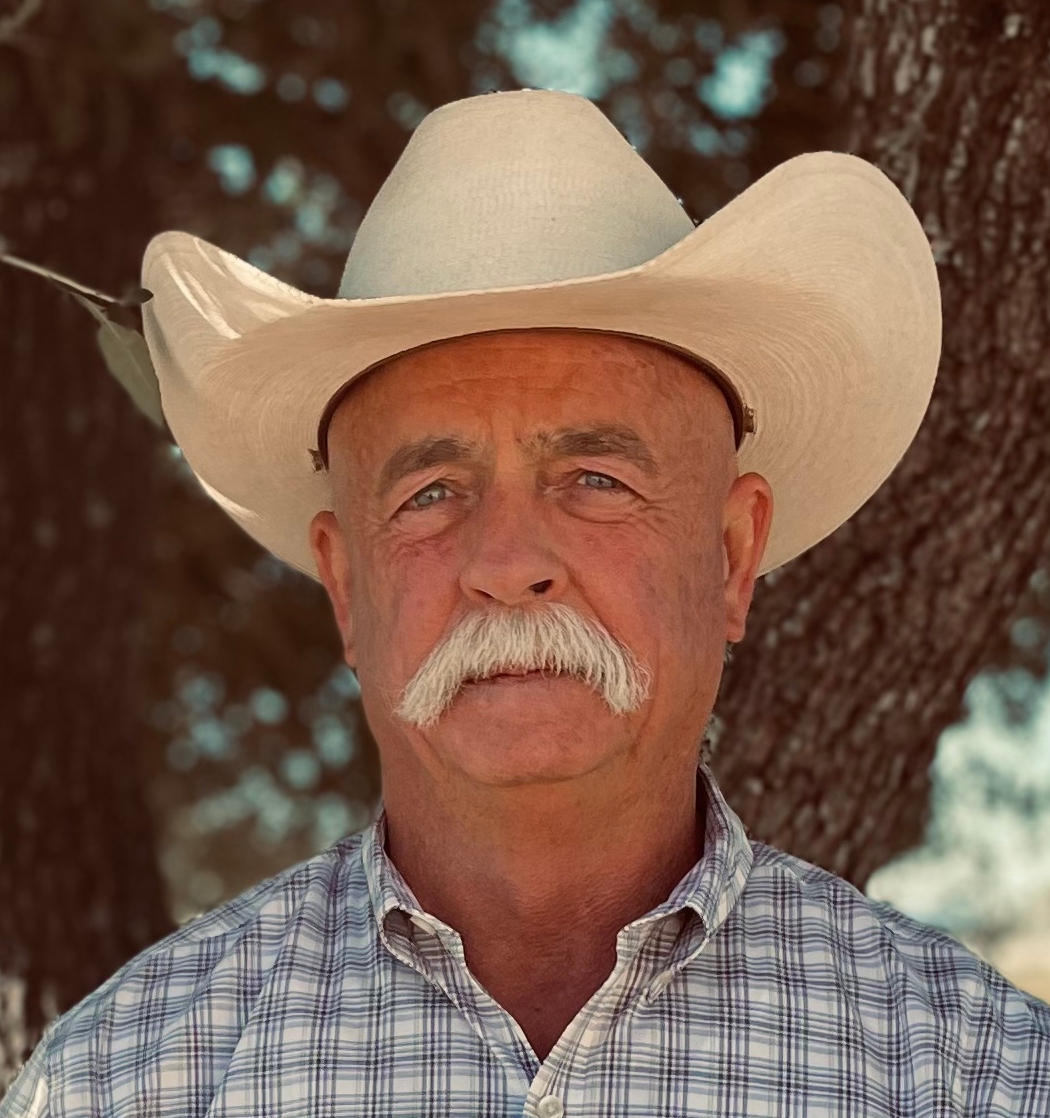
John’s use of the phrase “the disciple who Jesus loved” pierced my heart every time I read it. John used it because he actually knew he was loved by the Lord. His confidence, seasoned with humility, can be felt in those words.
I have always found John’s inclusion of the statement, “...the disciple who Jesus loved,” to be curious. It is an odd statement, which seems somewhat out of place in his gospel account, at least initially. You will not find anything like it, save in the Book of John.
John used the word love 36 times alone between chapters 13 and 21. The Greek words agapao, agape, and phileo are used extensively.
Agapao has the meaning of love in a social or moral sense, while agape is a selfless love that can be void of emotion. It is a love that focuses on the beloved with no thought of reciprocation.
Phileo denotes affection, deep friendship, and personal attachment, and there is sentiment and feelings associated with this word. Think of the love that David and Jonathan shared, and you will begin to grasp the meaning of phileo.
In John’s gospel, there is a great deal of crossover between agapao and phileo, so much so it is difficult to discern the difference at times.
As I progressed through John’s book, it became evident that all three words were so interwoven in his relationship with Jesus and Christ’s with him that they were inseparable. Their love was an amalgamation of all three.
John used the phrase “the disciple who Jesus loved” or a variation of it six times in his book. In John 11:3, he used it in reference to Lazarus, but the remaining five times, he referred to himself (John 13:23; 19:26; 20:2; 21:7, and 21:20).
Why Did John Describe Himself as ‘the Disciple Who Jesus Loved’?
It has been hypothesized that John used the phrase out of modesty or possibly as a means to maintain anonymity. The latter does make sense, but I reject it and will explain.
John, unlike the other disciples, did not display fear, at least not to the same degree as the other disciples as it is recorded in the gospels, though it is not evident without careful study.
John 18:15-16 records events at Annas’ home after Jesus’ arrest. Annas was the former high priest and the father-in-law of the current High Priest, Caiaphas.
The Scripture states that “another disciple,” believed to be John, who “...was known by the high priest...went out and spoke to her who kept the door...” in order for Peter to gain admittance into the courtyard.
That means that John arrived sometime prior to Peter’s arrival on the scene. While the focus in this account is Peter’s denial, we must bear in mind the fact that John was already inside Annas’ courtyard when Peter arrived.
Verse 18:15 tells us that John went into Annas’ courtyard with Jesus; thus, he was present during Jesus’ interrogation.
Also notable, there is an existing relationship between Annas and John. That association could be as simple as a client/merchant relationship; after all, John was a fisherman, and his family may indeed have supplied fresh fish to Annas’ household.
However, our attention should be on the fact that Annas does know him, which means he could readily identify him. Even with the serious accusations that had been levied against Jesus, John made it clear to all present he was with Jesus and followed Him into the courtyard.
Again, I must stress that this disciple must certainly have been afraid, but he doesn’t let his fear overrule his love of Jesus. John exemplified the very definition of courage.
In John 19:26, we find “the disciple who He (Jesus) loved...” standing at the cross with Mary and the other women. John was standing close enough to the cross for Jesus to speak to him and the women.
Imagine the horror and overwhelming grief he must have felt, seeing Jesus on the cross. Not even 24 hours ago, he had been sharing a meal with Him. The setting at the dinner was so intimate that he was able to lean against Jesus (13:24).
He must have been thinking of all that had transpired since then: the arrest in Gethsemane and the repeated interrogations before Annas and the Sanhedrin. Jesus being forced to stand before Pilate, Herod, and again before Pilate.
The scourging, the ridicule, and insults He faced from His own people. The tortuous journey, carrying the very instrument of His own death, down the Via Dela Rosa to Golgotha.
And yet he, John, “the disciple who Jesus loved,” could do nothing for Him now. He stood before the cross, completely helpless, utterly impotent, with Jesus’ torn body before Him.
The Man who he had just spent three and a half years in the most intimate of friendships. Jesus spoke from the cross to his mother and John, “Woman behold your son!” and to John, he stated, “Behold your mother!” (John 19:26-27).
Jesus bestowed upon John the greatest honor he could have received. He was now responsible for Mary, the mother of Christ Jesus. What we should take away from this is John is the sole disciple recorded in attendance at Jesus’ crucifixion.
This is not the behavior of a man who would try to hide his identity. This is a man who loves Jesus, and his devoted friendship is unto death.
Where Else Is this Term of Endearment Used?
The other three occurrences of the phrase, “the disciple who Jesus loved,” are on Resurrection Sunday (John 20:4), and at the seaside breakfast when Jesus asked the three “do you love me” questions of Peter (John 21:7; John. 21:20).
Prior to meeting Jesus, John and his brother James were fishermen and worked with their father, Zebedee (Matthew 4:21:22) As we read the gospels, we find that both brothers are zealous for Jesus, but their zeal is sometimes misplaced or misdirected.
An example is Luke 9:54, it records James and John wanting to call down fire to consume a Samaritan village as recompense for the Samaritans’ rejection of Jesus.
I suspect that there were other unrecorded occasions when the brothers may have vocalized their zeal for Jesus, albeit in a misguided way. From all appearances, they earned their nickname “Sons of Thunder,” given by Jesus Himself (Mark 3:17).
As I progressed through the writing of this article, I was, again and again, overwhelmed with emotion and awe. I had read John’s account many times over the years, but this study opened me to new revelations into the intimacy that Jesus so desires with each of us.
John’s use of the phrase, “the disciple who Jesus loved,” pierced my heart every time I read it. John used it because he actually knew he was loved by the Lord. His confidence, seasoned with humility, can be felt in those words.
In John, we see how a person can be changed by being in constant contact with Jesus. We observe that the sustained emersion in His presence and His words are transforming. Quite literally, the recipient becomes more of a human being than he ever was before.
The love and devotion, the phileo of each of the disciples for Jesus, and their surrender to Him changed them into something new; they were born again. They each became something the world had never seen, a new kind of man, a man indwelt by the Living Christ.
The “disciple who Jesus loved” went on to become one of the most prolific writers of Scripture, second only to Paul in New Testament writings.
It is evident, as you progress through his gospel account and his letters, that this “Son of Thunder” had changed. The man who penned those writings was a man filled with immeasurable love.
Like you, I am sometimes grieved by my own character flaws, the sinful nature that dwells within me, and this seemingly never-ending battle with what is quite possibly the greatest of all sins, pride.
Accompanying this malady is my earnest desire to be closer to Jesus, and it grows with each day. There is such a longing to be near Him, and rightly so, for I, like you, love Him. We are each a living paradox.
What Does This Mean?
As I reflect on John’s writings, I am encouraged. I see a man who had grown in His relationship with his Savior to a deeper level of intimacy than he shared with Jesus during His earthly ministry.
I find that John was closer to Jesus after He left than he was when He was physically present. As I ponder my desire for that in my own life, I surprisingly find that I already have it. In fact, His agape love for me and that phileo love we share continues to deepen.
However, I’d like to confess; I am not satisfied in being just a disciple. I want to be in Jesus’ inner circle, and more than that, I want to be His closest friend. For He is my closest friend, why couldn’t I be His?
I think this would be the epitome of my devotion to Him, to be able to refer to myself in the same way John did, as “the disciple who Jesus loved.”
Thus, to be able to tell others that I, too, am “the disciple who Jesus loved” is what I strive for. In fact, we should all desire to have that kind of relationship with Him.
For further reading:
Why Did Jesus Wash the Disciples' Feet at Passover?
What Do We Know about Matthew, Mark, Luke, and John?
Could the Disciples Understand Jesus Without the Holy Spirit?
Photo Credit: ©iStock/Getty Images Plus/Javier_Art_Photography

This article originally appeared on Christianity.com. For more faith-building resources, visit
Christianity.com.









